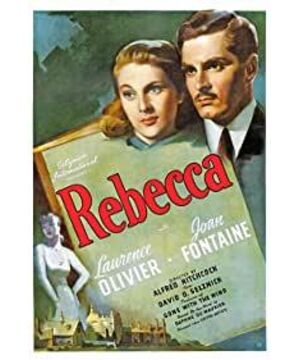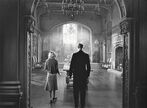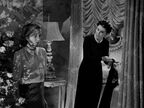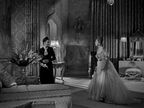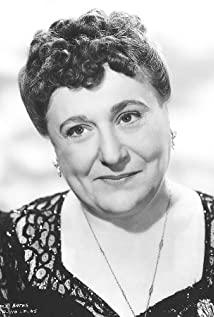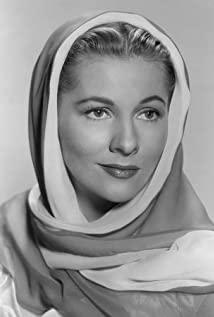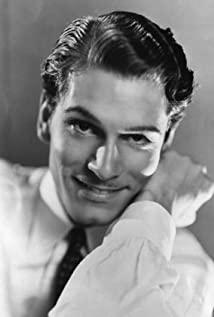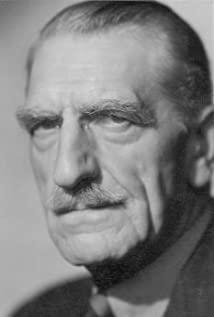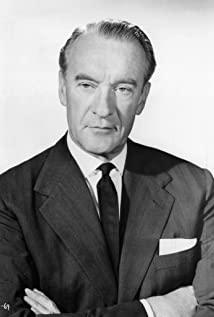The plot of the film is adapted from the novel of the same name by British writer Daphne Du Maurier. It tells the extraordinary story of a young girl after marrying into a wealthy family: the young girl and Manderley owner Derwent met on the edge of a cliff, and then quickly fell into the cliff. Falling in love, the girl becomes the new wife of the widowed Manderly master. I thought that life would be infinitely bright and happy like a fairy tale, but the shadow of the former Mistress Mandela mercilessly covered the girl's heart. From the housekeeper Mrs. Danforth's obsession with her former hostess Rebecca, to the nervous look on Derwent's mentioning Rebecca, to the ubiquitous Rebecca coat of arms in Manderley Manor, everything is brought to the girl. Feeling at a loss, she wanted to touch the truth behind the secret of the manor.
It can be said that the original novel has already brought a sense of viscous depression everywhere, but Hitchcock showed that unique sensory experience more vividly through the film and the three-dimensional presentation of the text of the book. The girl played by Joan Fontaine always has a puzzled or frightened expression, and the film's appropriate string score is enough to show the suspense of the essence of the original work. At the same time, Hitchcock's use of the camera lens also has a unique interpretation of the suppressed madness that the film wants to show. The most impressive scene in the whole movie is the one when Derwent told the truth to the girl in the hut by the sea and what kind of person Rebecca was. Following Derwent's narration, the camera started to move up from the bed, and then slowly moved to the left. Although the actual "person" was not photographed at all, in the hearts of the viewers, they seemed to see the "witch" Rui. Becca stood up slowly with a crazy smile, and stared at the camera slowly with a slow pace. Although no one has been seen, such an imagination has expanded the unease in the hearts of every moviegoer. This is what fascinates me the most about Hitchcock. Even if the film is a more intuitive way of expression than the novel, every movie viewer does not abandon the feathers of imagination in a blank mind.
The profound connotation of such a film work has to be said to have a lot of inspiration for contemporary people. It is the dream of many women to be able to catch a golden tortoise-in-law and start a different and relaxed life. But as the movie unfolds, no one will know what is behind such a rich boy. A man as aristocratic as Lawrence Oliver is simply irresistible as long as he is a woman. So silly girls will be involved in one crazy sad story after another. The "Rebecca" in the movie is just a symbol, a symbol of madness, darkness, and terrifying secrets. She will ubiquitously affect your ill-considered decision because of the impulsive impulse, destroy it, destroy it, and even make you bear it for life. Not every such story will disperse the fearful soul like the final fire of "Butterfly Dream", and not every relationship can finally resolve everything because of true love like the hero and heroine. Tragedy in reality is always greater than in film and television works, like physical pain, like the red "R" word that was not filmed in black and white movies, strikingly imprinted on the body of every impulsive person.
The name of the original English version of the movie is the eye-catching "Rebecca", which is the real protagonist throughout the entire movie. She is arrogant, charming, without too much whitewashing, painful and crazy, but charming and sultry. She is the witch, and her name engraved on the movie makes me feel endlessly unpowered. Fortunately, the title of the movie was translated into "Butterfly Dream" during the Chinese translation. Struggling with the pain of a lifetime is just a gorgeous dream.
The nightmare is over and I can move on to a better life.
View more about Rebecca reviews


